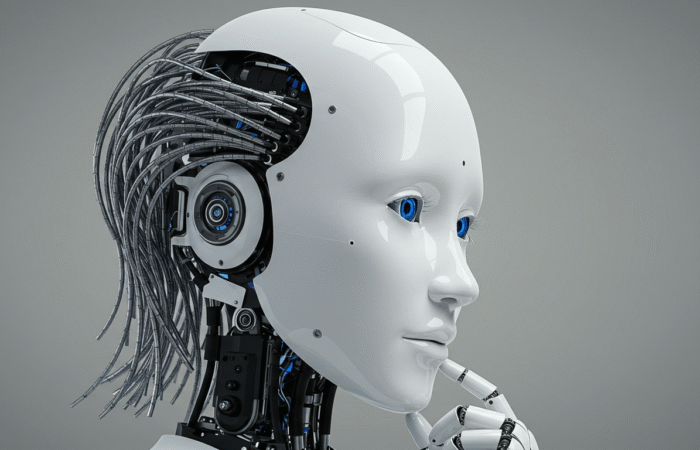This module provides students with an in-depth appreciation of the Internet of Things (IoT) and Cloud Computing concepts, models, infrastructures, and capabilities.
The module will place emphasis on modern system architecture and design, Autonomous Intelligent Systems (AIS), key wireless/mobile/sensor technologies, and issues of privacy and trust, in the development of Cloud-based IoT systems.
Practical work within the module will provide students with real, hands-on, experience of building a basic Internet of Things infrastructure that can access Cloud Computing services and the opportunity to develop their Python programming skills and abilities.
Some basic knowledge of Python will be used throughout. Understanding of various Intelligent, wired, and wireless technologies could be an advantage.



